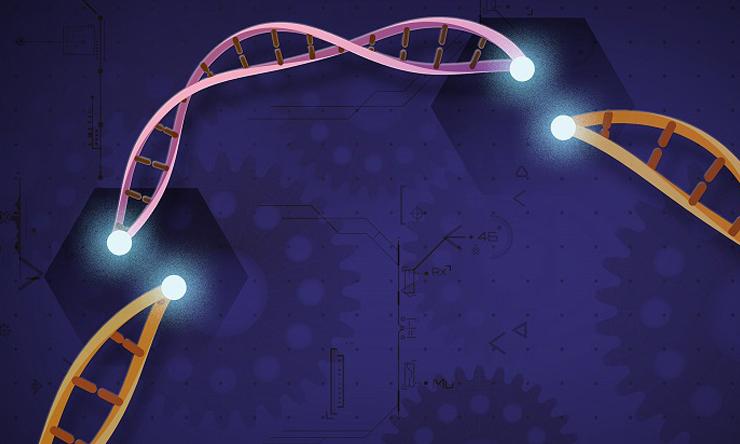
Laboratory rotations (research rotations) are to be conducted in a minimum of three different laboratories. Incoming students who worked full-time for a minimum of four weeks in the lab of a faculty member participating in the Genetics & Genomics Graduate Program may count that work as a research rotation. To request approval for summer work to count as a rotation, the student should submit a written request to the Program Executive Committee.
Laboratory rotation credit hours are considered course hours by the graduate school and contribute to the total of 60 credit hours that are required for graduation. Students should expect to spend approximately three hours per week per credit hour in the laboratory during a rotation. The rotation period ends when classes end at the beginning of the study period before final exams each term.
Students and faculty should discuss the work schedule of the student, the class time and course load. Students may be assigned a bench mentor by the faculty or the faculty may directly supervise the student at the bench. The specific issue of time off for studying for mid-term and final examinations should be addressed at the time the student is considering doing a rotation in the lab. Major program events such as the annual retreat are very important for the students and rotation demands should not compromise their ability to attend these activities.
The grade of pass/marginal pass/fail is given for a rotation. The students should discuss with the faculty how they will be evaluated and must meet to evaluate the student's progress during the rotation period at various points (for example, two to three weeks after the rotation starts, after mid-term and at the end). One of the major purposes of the rotation is to permit students to explore various experimental systems and laboratory settings in order to better select a thesis advisor. If a faculty member is unable to take a student for the coming year for thesis research, the student should be advised of this situation.
Because the terms are only 10 weeks in length, the academic demands are high, and many of the students are inexperienced in laboratory work, much of the "education" of the rotation is likely to be introducing students to the overall goals of the laboratory's research and instruction in basic laboratory skills.
It is expected that the faculty will make no commitments or request a commitment from a student prior to the completion of three rotation periods. The students need the opportunity to explore various labs without the pressure of "losing out" for a position in a particular lab that has more than one student interested.
Research
You have the opportunity to select your faculty with whom to conduct your research rotations from the many program faculty members working at the frontier of genetics and genomics using cutting-edge technologies.








 Credit
Credit
